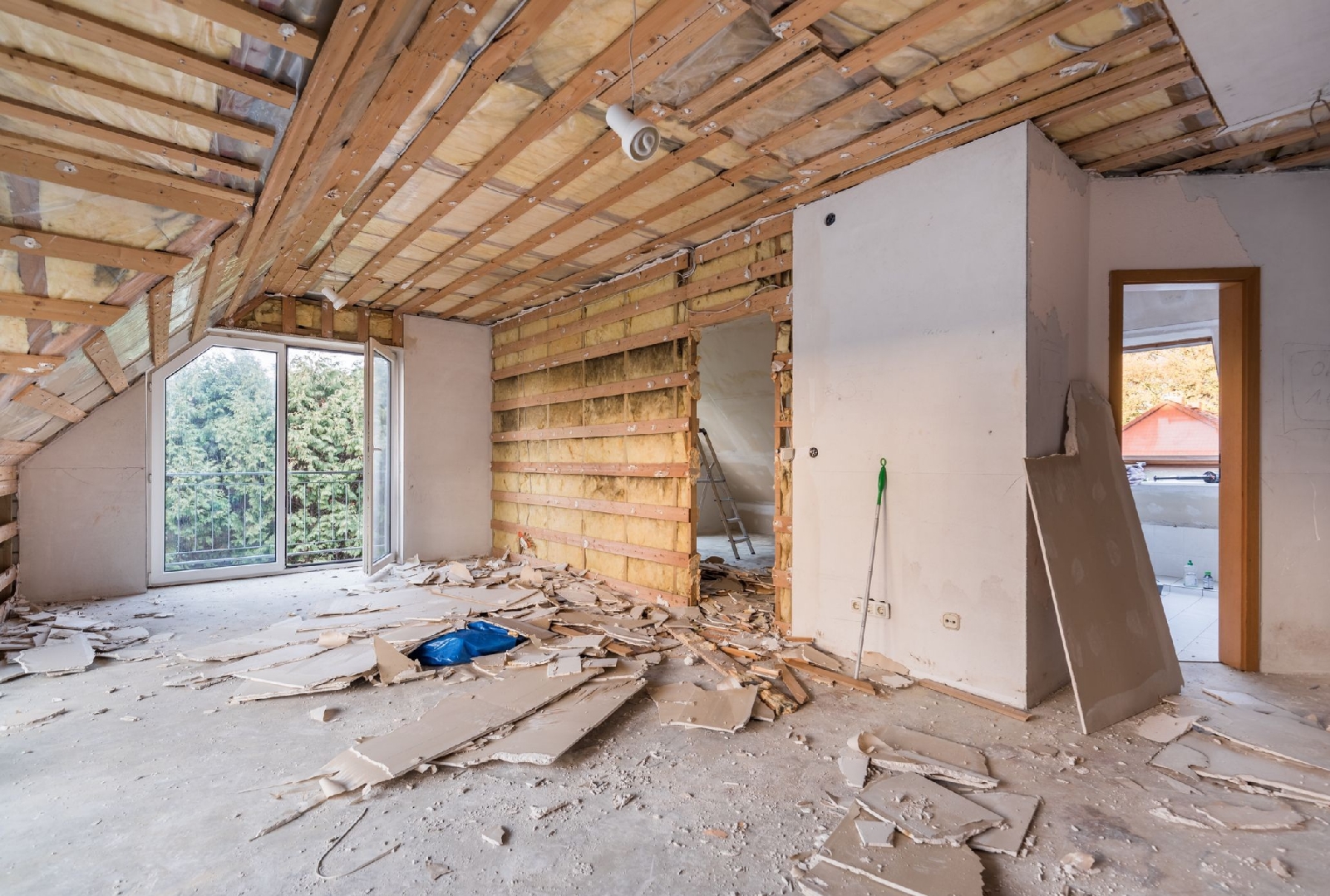Buying a house in South Africa involves unique considerations due to local regulations, financing options, and property market trends. Here’s how to prepare yourself as a buyer in South Africa:
1. Assess Your Financial Position
Check your credit record: Your credit score affects your ability to secure a bond (mortgage). Obtain a free annual credit report from credit bureaus like TransUnion or Experian.
Determine affordability: Use online bond calculators from South African banks to estimate how much you can afford based on your income, expenses, and debt-to-income ratio.
Save for upfront costs:
Deposit: Typically 10-20% of the property price.
Transfer costs: Includes transfer duty (a government tax) for properties over R1 million, attorney fees, and bond registration fees.
Additional costs: Budget for rates, levies, and moving costs.
2. Understand the South African Property Market
Research locations: Study property trends and pricing in areas of interest. Consider access to schools, work, public transport, and amenities.
Investigate title types: Determine if the property is freehold, sectional title, or leasehold. Each has different implications for ownership and maintenance responsibilities.
3. Secure Pre-Approval for a Bond
Approach multiple banks: Shop around for the best bond rates from South African banks like FNB, Standard Bank, Absa, or Nedbank.
Services like ooba or BetterBond can help you compare offers from different lenders and simplify the application process.
Obtain pre-approval:
A pre-approval letter strengthens your position as a serious buyer.
4. Work with Professionals
Hire a real estate agent:
Choose an experienced agent familiar with the local market to help you find suitable properties and navigate the buying process.
Engage a conveyancer:
South African law requires a conveyancing attorney to handle the transfer of property ownership. The seller typically nominates this attorney, but you can negotiate.
5. Understand Legal and Administrative Processes
Check zoning and building plans:
Ensure the property complies with local zoning laws and all building additions are approved.
Understand the Offer to Purchase (OTP):
This legally binding document outlines the terms of the sale. Consult your attorney before signing.
Know the transfer timeline:
The transfer process typically takes 8-12 weeks after the OTP is signed
6. Budget for Ongoing Costs
Rates and taxes:
Municipal charges for services like water, electricity, and refuse collection.
Levies:
If buying a sectional title property, account for monthly levies charged by the body corporate.
Home insurance:
Protect your property against damage or loss.
7. Prepare for the Future
Consider resale value:
Choose a property with good resale potential, especially if it's a long-term investment.
Plan for maintenance:
Set aside funds for regular maintenance and unexpected repairs.
8. Stay Informed About Regulations
Transfer Duty:
Properties priced below R1 million are exempt from transfer duty as per South African tax laws (as of 2024).
First-time buyer incentives:
Look into government initiatives like the FLISP subsidy, which provides financial assistance to qualifying low- to middle-income first-time buyers.
By taking these steps, you'll be well-prepared to navigate the South African property market and secure your dream home.




















